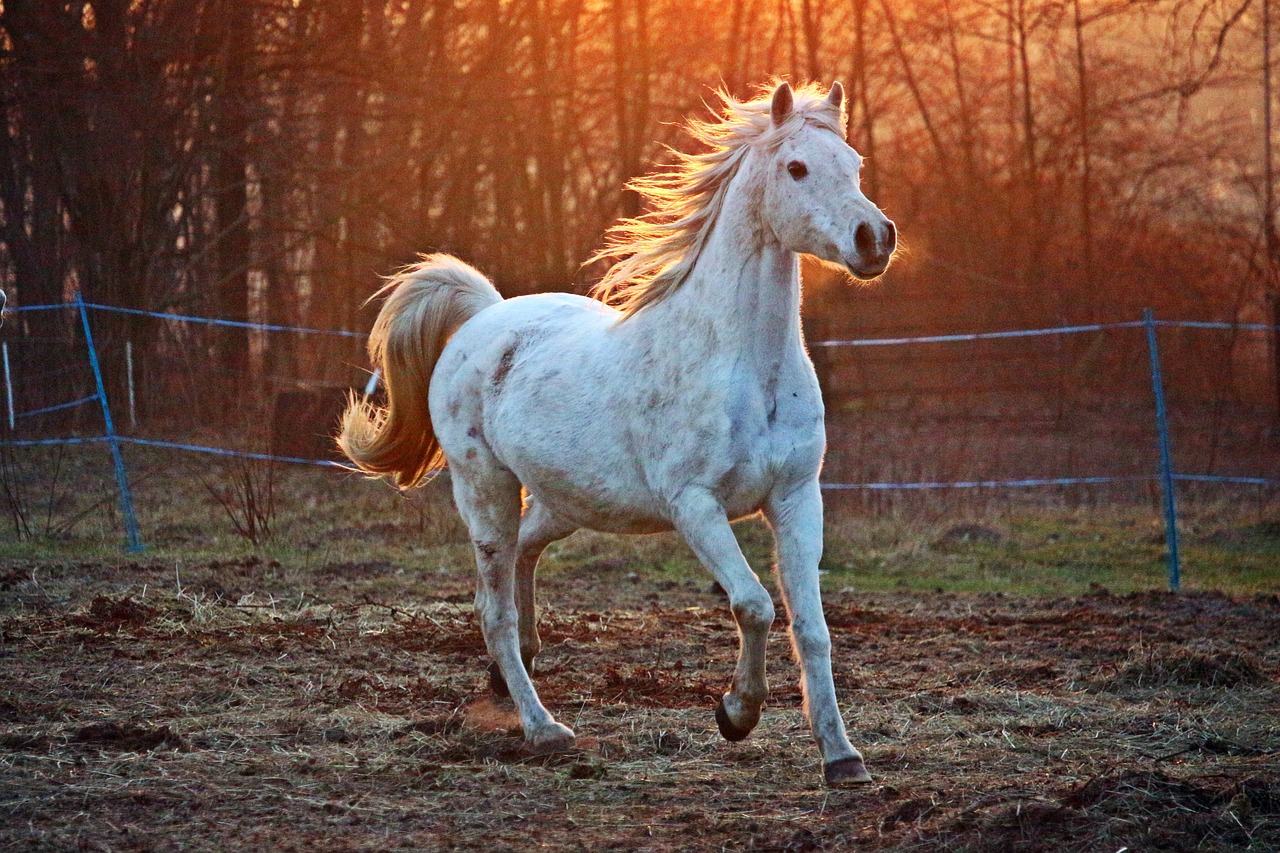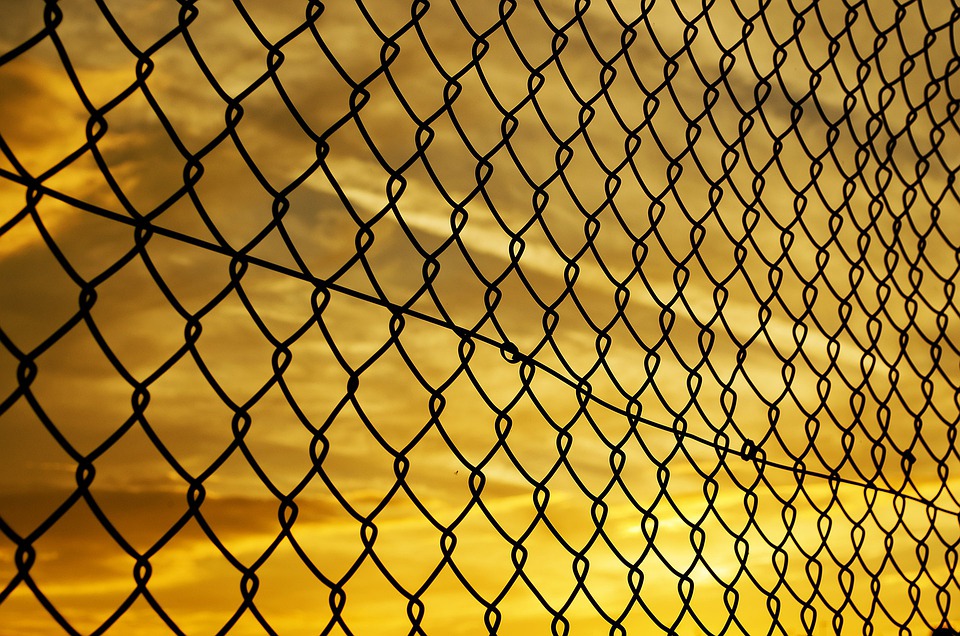
Fencing
The Importance of Proper Horse Fencing in the Gold Coast Hinterland
Living in the Gold Coast Hinterland has plenty of advantages, especially when owning horses. The scenic views and lush greenery

Living in the Gold Coast Hinterland has plenty of advantages, especially when owning horses. The scenic views and lush greenery

Cities around the world are constantly dealing with large crowds, and Melbourne is no exception. Whether it’s at a concert,

Chain link fence installers in my area, when you need a chain link fence installed in your area, choosing a

When it comes to securing your pool area, there are many things that you need to take into account. This
Copyright © 2025 | Powered by Beboh.net
Copyright © 2025 | Powered by Beboh.net